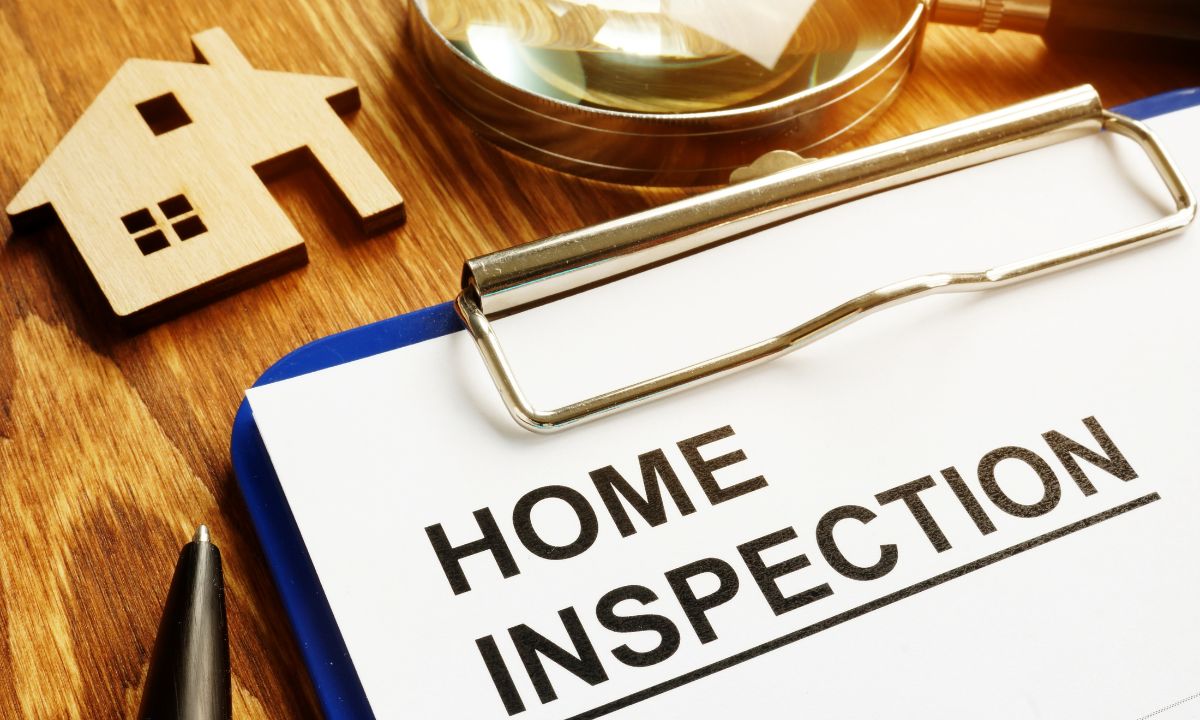How to Leverage Down Payment Assistance (DPA) Loans for Your Home Purchase
 Purchasing a home is a significant milestone, but the process can be intimidating, especially when it comes to saving for a down payment. Fortunately, Down Payment Assistance (DPA) loans offer a solution that can make homeownership more accessible. Let’s discuss how DPA loans work, their benefits and drawbacks, and the steps involved in leveraging these loans for your home purchase.
Purchasing a home is a significant milestone, but the process can be intimidating, especially when it comes to saving for a down payment. Fortunately, Down Payment Assistance (DPA) loans offer a solution that can make homeownership more accessible. Let’s discuss how DPA loans work, their benefits and drawbacks, and the steps involved in leveraging these loans for your home purchase.
Understanding Down Payment Assistance (DPA) Loans
Down Payment Assistance (DPA) loans provide funds to help cover the down payment on a home. While DPA loans can cover 100% of your down payment, it’s important to note that closing costs are not included and must be paid separately. These loans can be a game changer for individuals who are eager to buy a home but struggle to save up the necessary down payment.
Features of DPA Loans
DPA loans come with several attractive features:
- Low Mortgage Insurance Adjustments and No Income Limits: DPA loans often come with favorable mortgage insurance terms and are available to a wide range of income levels.
- Zero Down Payment: With a DPA loan, you can potentially avoid making a down payment out of pocket.
- Lower FICO Scores Accepted: These loans can be accessible even to those with lower credit scores.
Pros and Cons of DPA Loans
Before opting for a DPA loan, it’s essential to weigh the pros and cons.
Pros:
- Reduced Financial Barriers: DPA loans lower the amount of money needed upfront, making homeownership more accessible to individuals who may not have significant savings.
- Increased Buying Power: With financial assistance, buyers might afford a better home or a more desirable location than they could without the aid.
Cons:
- Program Availability: Not all programs are available in every area. Research local and state programs to find out what’s available to you and consult with a loan officer for detailed information.
- Repayment Terms: It’s crucial to understand the repayment terms of your DPA loan. Some DPA loans are grants, some are deferred loans, and others may be forgivable under certain conditions.
How Does Down Payment Assistance Work?
Navigating the process of securing a DPA loan involves several steps:
- Determine Eligibility: Check the eligibility criteria for various DPA programs to see if you qualify. Eligibility requirements can vary significantly between programs.
- Apply for a DPA Loan: Work with a loan officer to guide you through the application process. You will need to provide documentation such as income verification, tax returns, and credit reports.
- Secure a Primary Mortgage: Once approved for a DPA loan, obtain a primary mortgage for the remaining balance of the home purchase price. Your lender will coordinate the DPA funds with your primary mortgage.
- Close on the Home: At the closing, you will review and sign documents, pay closing costs, and receive the DPA funds to cover your down payment.
- Repay the DPA Loan (if applicable): Understand the terms of your DPA loan. Some DPA loans are forgivable, while others require repayment under specific conditions.
Leveraging DPA loans can significantly ease the financial burden of purchasing a home. By reducing the upfront costs and increasing buying power, these loans can help many achieve their dream of homeownership. However, it’s important to thoroughly research available programs and understand the terms and conditions associated with repayment. Give me a call and I will provide clarity and guidance for you throughout the process.

 In recent years, the concept of sustainable living has gained significant traction, with more individuals and families seeking ways to reduce their carbon footprint and contribute positively to the environment. One avenue that has emerged to support this trend is the concept of green mortgages. These innovative financial products not only promote sustainable homeownership but also facilitate environmentally friendly upgrades to existing properties. Let’s dive deeper into how green mortgages are shaping the landscape of sustainable housing.
In recent years, the concept of sustainable living has gained significant traction, with more individuals and families seeking ways to reduce their carbon footprint and contribute positively to the environment. One avenue that has emerged to support this trend is the concept of green mortgages. These innovative financial products not only promote sustainable homeownership but also facilitate environmentally friendly upgrades to existing properties. Let’s dive deeper into how green mortgages are shaping the landscape of sustainable housing. Embarking on the journey to homeownership is an exciting venture, but it comes with its share of responsibilities. One crucial step in the process is a comprehensive home inspection. To ensure your dream home doesn’t turn into a nightmare, we’ve compiled the ultimate home inspection checklist. Armed with this guide, you’ll be equipped to make informed decisions, identify potential issues, and negotiate confidently before sealing the deal.
Embarking on the journey to homeownership is an exciting venture, but it comes with its share of responsibilities. One crucial step in the process is a comprehensive home inspection. To ensure your dream home doesn’t turn into a nightmare, we’ve compiled the ultimate home inspection checklist. Armed with this guide, you’ll be equipped to make informed decisions, identify potential issues, and negotiate confidently before sealing the deal.